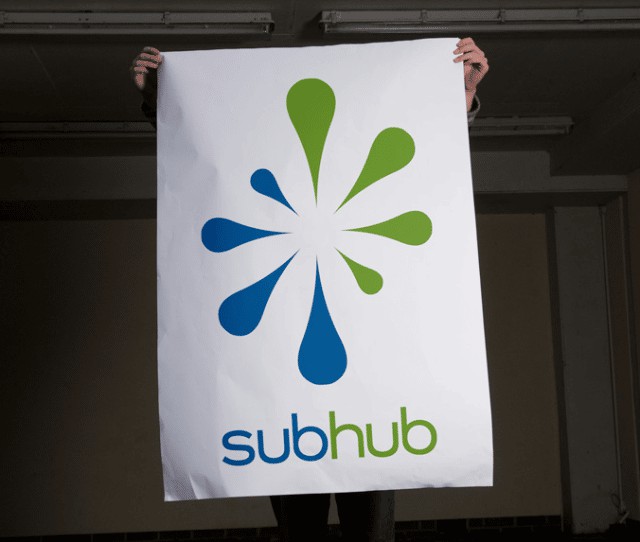
SubHub, whose web hosting and content management service is aimed at small publishers who want to charge for their content, is making a “complete change” to its business model.
Instead of charging customers its £50 monthly subscription for use of its hosted publishing software, developed in-house, SubHub is now becoming a re-seller of the popular Drupal CMS, for which it is introducing a paid “app store”.
Basic SubHub hosting will become free; customers will be charged for use of “modules” on a per-module basis. A selection of free modules will be available but others will cost $29 per month.
SubHub says it will share revenue with developers of modules that its customers subscribe to. Drupal, which is open-source, has a loyal community of volunteer developers, which has written thousands of custom modules; the move may prove controversial in some quarters of the community.
“The Drupal community is split about having an app store,” SubHub co-founder Miles Galliford concedes to paidContent:UK. “The pure open source crowd don’t like the idea, but the majority believe WordPress’ success has happened since Matt Mullenweg launched Automattic (the commercial arm which commercialises deployment of the blog software).
“We have discussed what we are doing with many of the big hitters in the Drupal community including (original developer) Dries Buyeart and they are very supportive of what we are doing. Indeed, Dries has launched Drupal Gardens, which is also a software-as-a-service version of Drupal.”
SubHub publishing clients who charge for access to their writing include InsideBeer and The Drum Channel. In 2009, SubHub took funding that brought its total up to around $1.2 million.
Trying to shoehorn its way to becoming to Drupal what Automattic is to WordPress, or what Red Hat is to Linux, all while also continuing to be a paid content host itself, is certainly interesting. Aside from just its own hosted sites, SubHub claims to have developed an API that sits between remote installations of the Drupal CMS and available modules, allowing them to be charged for.
“Most of our competitors like SquareSpace still charge for packages of functionality – Bronze, Silver, Gold – based on bandwidth, disk space and features,” Galliford says. “We think this model is broken as it charges people for stuff they don’t want or need. It is like going to a restaurant and being forced to pay for a whole meal when you just want a starter.”